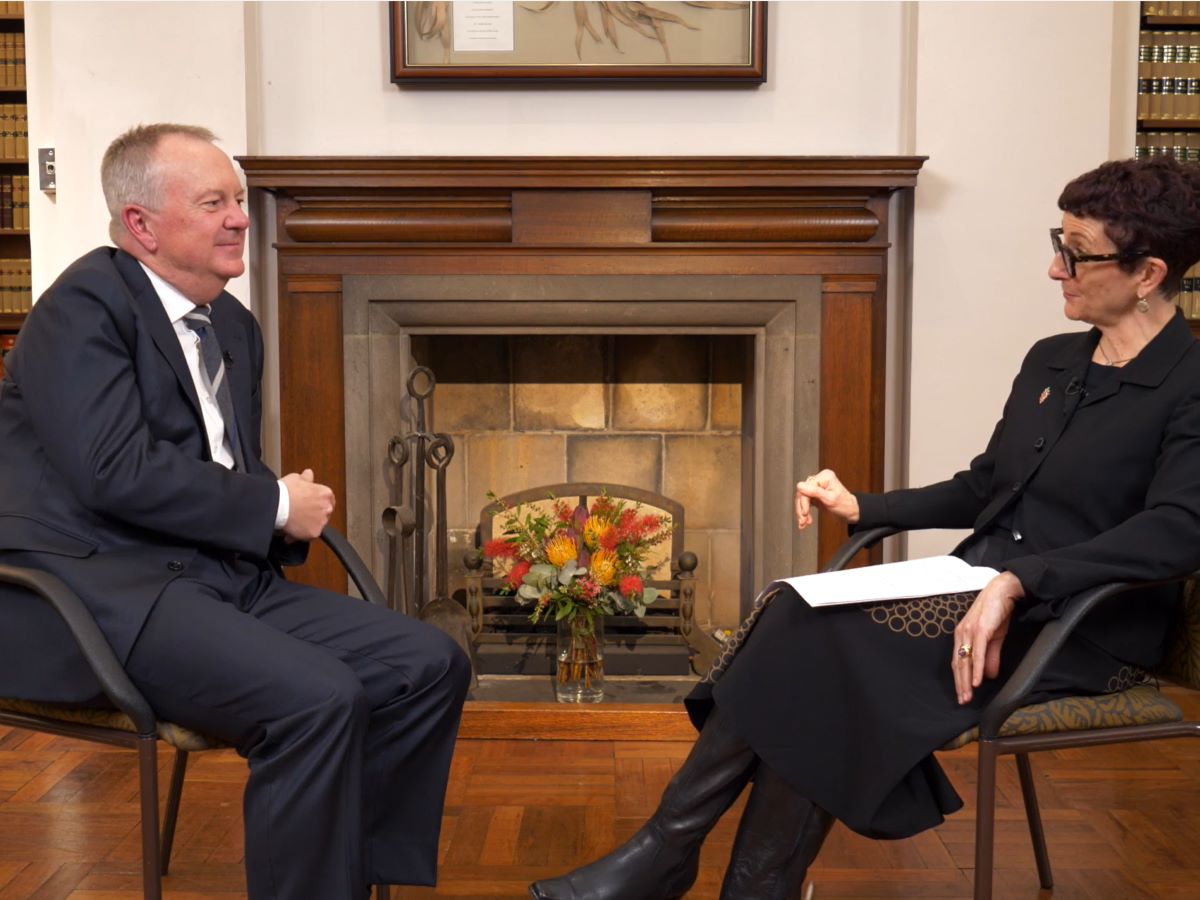Enabling legal self-help through digital storytelling
Funded by a Victoria Law Foundation Community Legal Grant, Tenants Victoria used digital tools to direct tenants to the information they need.

The internet is often the first step in finding information to understand and resolve problems. This can be especially valuable for those who cannot afford a lawyer or access public legal services. But it can be overwhelming to filter out what is relevant and accurate, and what is not.
Tenants Victoria’s Hearing from Renters: Using digital tools to seek legal remedies project demonstrates a unique, accessible and sustainable approach to direct tenants to the information they need online, independently.
Widespread issues and overwhelmed services
Tenancy issues are very common. Interim findings from Victoria Law Foundation’s Public Understanding of Law Survey (PULS), which collects responses from the general Victorian population including renters, homeowners and landlords, show that 5.5% of all respondents surveyed report currently having one or more rented housing problems.
24.6% of respondents sought advice from non-legal sources, 15.5% of respondents reported turning to family or friends for help, with a further 38.8% reporting that they did not seek help at all. Despite this vast majority not seeking advice from legal organisations, in the 2021/22 financial year alone, the Tenants Victoria website had over 535,000 unique visitors looking for answers to tenancy questions.
However, due to resourcing constraints, they can only help resolve problems for a proportion of renters who contact them directly. Overall, including emails, Tenants Victoria staff can respond to only 30% of contacts with its frontline services. Staff individually assist 10,000 renters a year, but many more seek help. So, it is easy to see why self-help resources are so valuable. Building knowledge and confidence within the community is vital to ensuring that renters can effectively deal with issues that arise.
Where do the ‘missing majority’ go for help?
Justice Connect recently conducted research into the attitudes and behaviours of people looking for and using legal self-help resources online to solve common civil law problems, published in their report Seeking Legal Help Online: Understanding the ‘missing majority’.
[Online self-help resources] are especially important for people who can’t afford a lawyer or access free public or community legal assistance. In Australia this group is often referred to as the ‘missing middle’. With an ever-growing number of people in this cohort, we have renamed it the ‘missing majority’. As the missing majority progressively adopts technology, there are increasing opportunities to find new models of providing cost-efficient and effective free legal assistance at scale.
This research shows that a key barrier to engagement isn’t capability, but poorly designed legal information, highlighting issues of access, trust, accessibility, appropriateness, and usefulness. Tenants Victoria referenced this research when designing their Hearing from Renters: Using digital tools to seek legal remedies project.
Designing an empowering resource
Tenants Victoria designed a project that could sustainably help the ‘missing majority’ and others solve issues independently by directing them to their website, lowering the demand on Tenants Victoria and other organisations, and empowering more renters to resolve their problems.
Justice Connect’s report outlines that information in video format could remedy issues of trust and accessibility when presenting legal information. Video formats were identified as being more appropriate for those who have barriers to accessing information, such as language or low literacy skills. Videos, where the content was about someone who could achieve a positive outcome, could also be less intimidating than reading through pages of legal information. The ability for the viewer to see themselves as the subject was key to success in providing this information to a wide audience, which was one of the reasons why Tenants Victoria chose to produce videos.
When developing the content, TV identified common legal issues that people have been able to resolve themselves using online tools and resources. This includes terminating a lease, what to do if a property does not meet minimum standards, receiving a notice to vacate, and more. They then found subjects that had faced and resolved those issues using the self-help resources on the website, who could authentically recap their experience.
Developing future Community Legal Education information
This project illustrates one approach to community legal education, tailoring the format to the audience using creative mediums. Tenants Victoria identified that a series of informal videos was well suited to appeal to a broad audience to encourage them to search for legal information online.
The informal approach with this project medium did come with key considerations. Tenants Victoria identified the importance of balancing the authenticity of storytelling with the need for legal accuracy. These videos feature relatable voices sharing genuine experiences to better engage with the audience. But as the subjects are not legal professionals, it was important to ensure the accuracy of information. So, Tenants Victoria maintained the authenticity of the unscripted stories from subjects, and then worked with lawyers to carefully review the footage during the video edit.
Audiences are likely to respond to messages from authentic storytellers to find the information they need. Justice Connect notes that often people searching for information online are “quickly overwhelmed by an avalanche of text and information” when presented with traditional text-based formats. Video is a less intimidating way to get the message across.
The result is a well-balanced series that encourages renters to resolve problems themselves, armed with the knowledge of where they can find the information and understanding required to confront issues that arise, without the need for additional guidance from lawyers.
Tenants Victoria's Renters' stories
_______________
The Tenants Victoria project was funded by a Victoria Law Foundation Community Legal Grant. The Justice Connect research was funded by a Victoria Law Foundation Knowledge Grant. If you have an idea for a project, see our Grants.
References
Szczepanska, J., Blomkamp, E. (2020). Seeking Legal Help Online: Understanding the ‘missing majority’. Melbourne: Justice Connect.
Public Understanding of Law Survey (PULS) interim data, Victoria Law Foundation.
Publications
Subscribe to our Newsletter
Courts, Community and Confidence
Join Chief Justice Richard Niall a for a recorded conversation about the law’s role in our community and the challenges shaping justice today.


